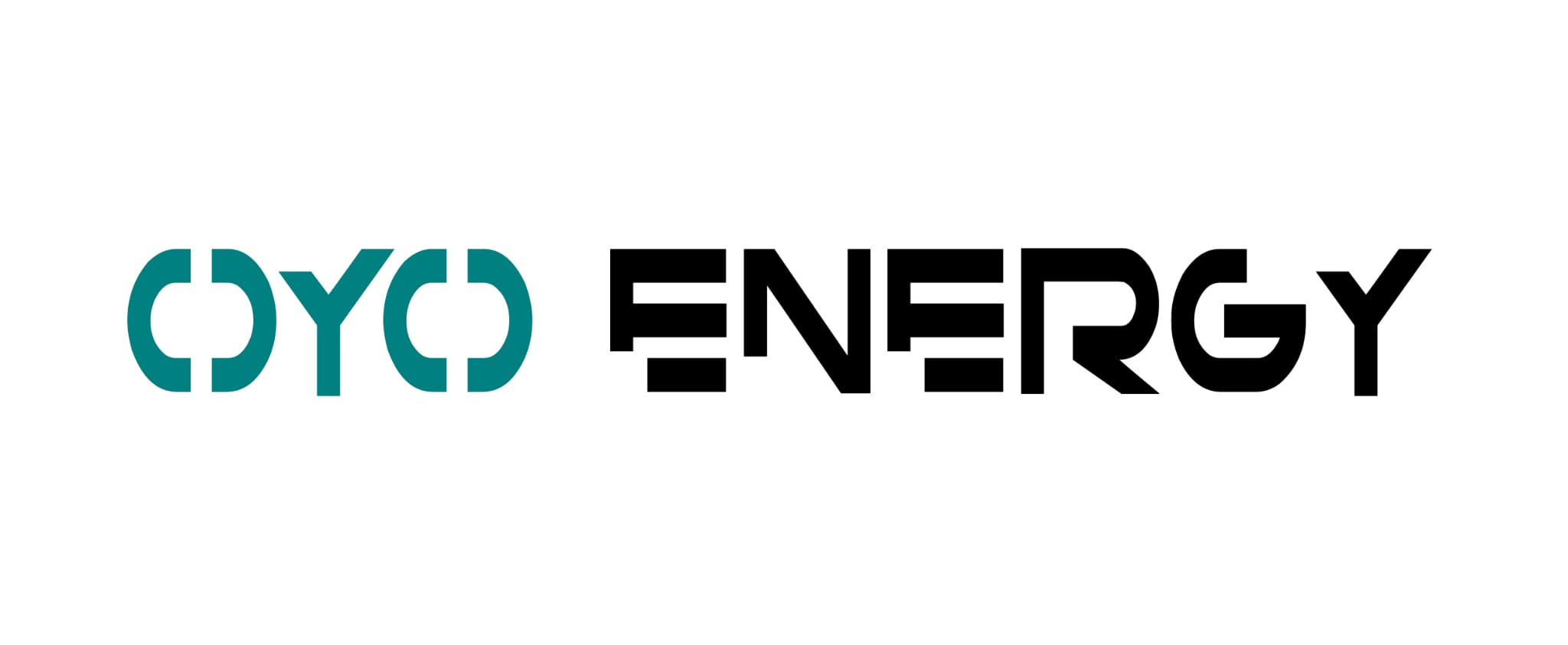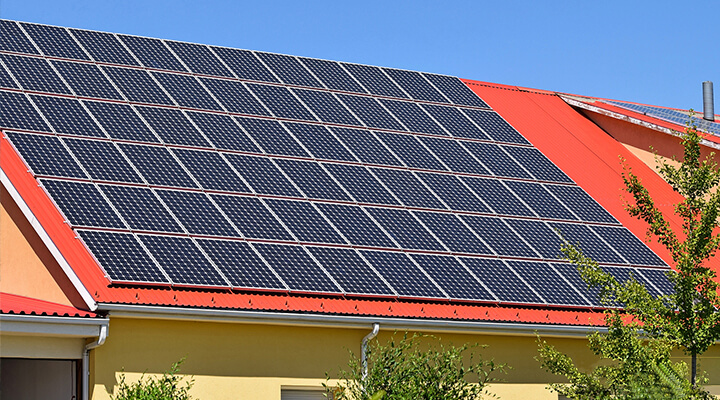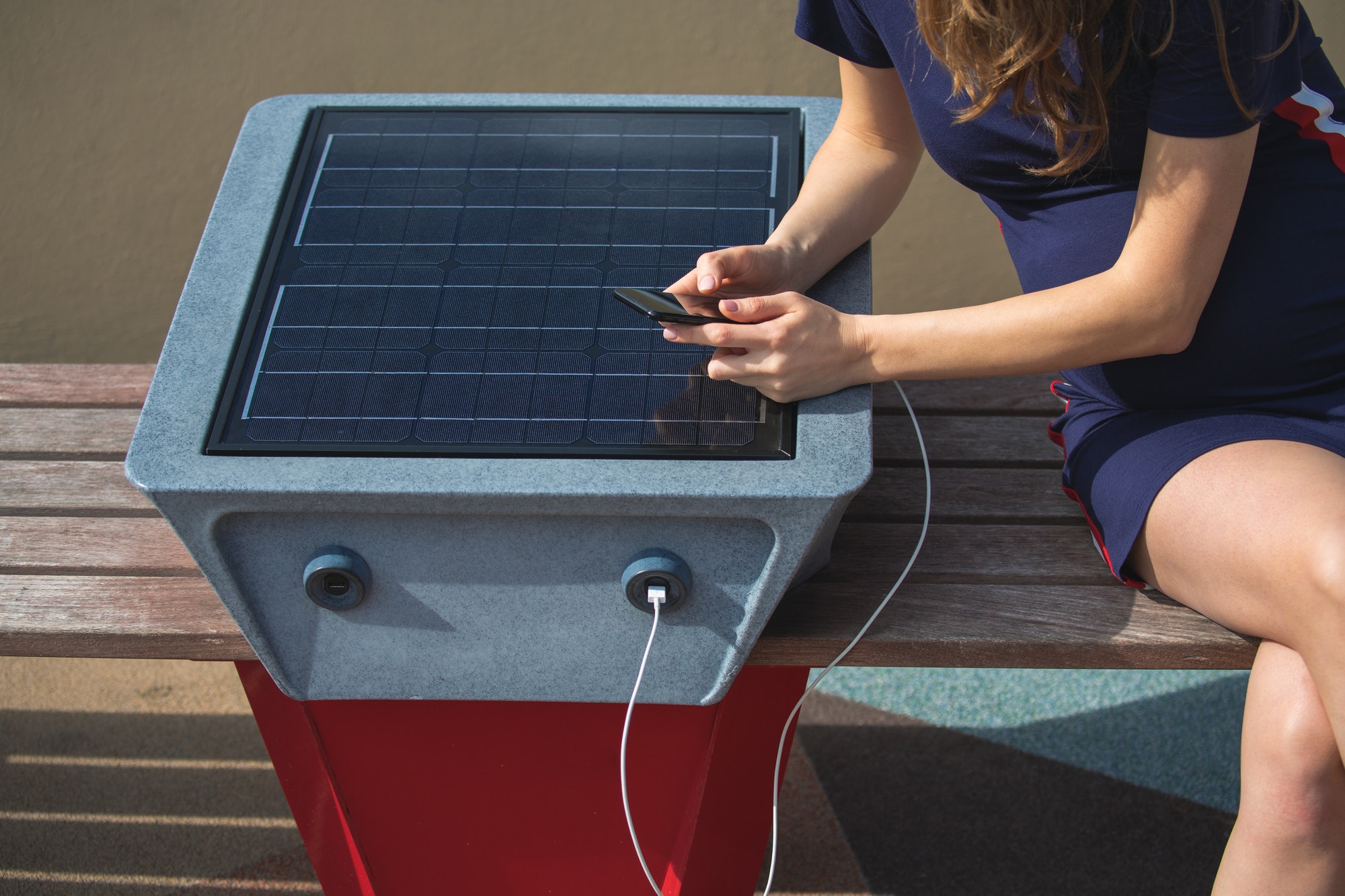Net metering is a billing mechanism that allows you to sell the excess electricity generated from your solar panel system back to your utility company. Net metering policies are growing in popularity, with almost half of all states now offering some form of net metering. Net metering allows you to use the excess electricity generated from your solar panels (at home or your business) and consume it without any additional costs during peak usage hours.
This is also known as ‘selling back’ excess energy or generating excess energy. Energy that isn’t used at home or office can be sent back to the grid; hence the term ‘net’ metering. Read on for more details about how net-metering works, including pros and cons, examples of existing programs, and advice for implementing net-metering in your area.
What does net metering mean?
Net metering refers to a billing mechanism where the owner of solar panels is compensated at the full retail rate for any excess electricity they send to the grid. This happens because the utility company pays you based on your usage each month and the total amount of electricity consumed by your household/business.
Net metering is different from ‘net billing’, which is a billing mechanism where the solar owner is billed for any excess electricity generated each month. With net billing, rates are determined by the utility company and can vary depending on where you live.
How does net metering work?
Net metering is a billing mechanism that allows you to sell the excess electricity generated from your solar panel system back to your utility company. In order to do this, you will install a bi-directional meter that ‘talks’ to both your solar energy system and the utility grid.
The meter will record your energy usage (or generation) at two different points in time: when you consume it from the grid and when you send it back to the grid. By sending the excess electricity generated from your solar panels back to the grid, utility companies will send you a reduced bill at the end of the month. Meanwhile, they will purchase the excess electricity from your utility company at the full retail rate.
Benefits of net metering
Increased renewable energy production: Net-metering programs have proven to increase the amount of solar energy being produced in areas where it’s offered. This is because it’s an incentive for homeowners and businesses to install solar panels, which are an investment that will pay off in the long run.
Decreased carbon emissions: Net-metering programs also enable you to decrease the amount of carbon emissions being produced in your area by selling back the excess electricity generated from your solar panels.
Decreased energy costs: Net-metering programs also enable you to reduce your monthly utility bill by taking advantage of the excess electricity you’re generating from your solar panels.
Increased home/business value: Net-metering programs have also proven to increase the value of a home or business because it shows that the owner is committed to sustainability.
Disadvantages of Net Metering
Net-metering programs may not be available in your area: Unfortunately, net-metering programs aren’t offered in every state. If you want to install solar panels and reap the benefits of net metering, you’ll need to check with your state government to see if it’s available in your area.
Risk of exceeding your net-metering limit: Some states that offer net-metering have a maximum limit of how much energy can be ‘sold back’. This is because utility companies don’t want homeowners/businesses generating too much energy and having it go to waste. If you exceed your net-metering limit, you could be charged extra fees.
FAQ: Net Metering:
Will I get a lower electricity bill if I have solar panels?
Yes. By sending the excess electricity generated from your solar panels back to the grid, utility companies will send you a reduced bill at the end of the month.
Do I have to sign a contract?
No, you don’t have to sign a contract. Net-metering is a billing mechanism that allows you to sell the excess electricity generated from your solar panel system back to your utility company.
What happens if I sell more electricity than I use?
You will receive a credit on your utility bill for the excess electricity that you sell back to the grid.
What happens if I don’t have enough electricity to sell?
You will have to pay your utility company for the amount of electricity you consume from the grid.
Can I install net-metering on my house or business?
Yes, you can install net-metering on your house or business. This will allow you to sell the excess electricity generated from your solar panel system back to your utility company.
Final Words
Net metering programs are available in almost half of all states, so if you’re looking to install solar panels and reduce your monthly electricity bill, this is a great option to explore. If you’re not sure if net-metering is available in your area, you can check with your state government to see if it’s offered.




